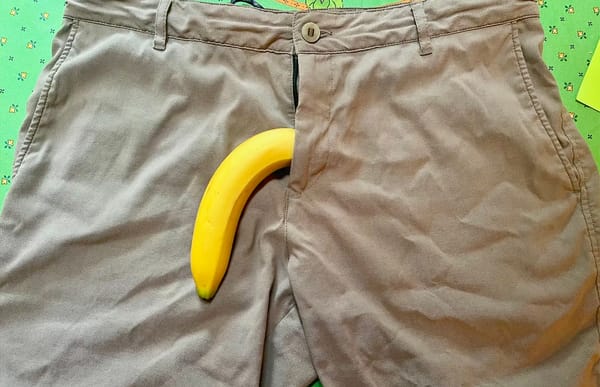6 steps to improve baseball
Baseball is boring, that’s one reason I like it.
It is slow moving, and doesn’t require much concentration. If you don’t believe me, watch the Phillies play, or listen to TV color man John Kruk. They barely seem to be paying attention.

The Phllies lose track of the number of outs, and Kruk often doesn’t know what inning they’re in. Tom McCarthy often has to carry Kruk like a knapsack.
At the park, baseball allows long discussions of the game, or philosophy, or reliving your youthful indiscretions far more than the other Big Three -- football, basketball, hockey. Even soccer requires more attention than baseball.
At home, I can have the game on while I do something else -- read the newspaper, answer email, sharpen the cutlery, or even write a book. “Cats are Supermodels” (available on Amazon) was written on my iPad watching the Phillies one summer.
If you miss a play, instant replay brings it back, several times. So does my magic TV, which can replay anything, freeze the action, and do most anything but change the score.
But MLB (Major League Baseball) is finding ratings and attendance falling, and it's more than the COVID-19 crisis. The world is moving faster, while baseball maintains its molasses pace. Fans want more action.
That led to the despicable Designated Hitter, which means pitchers are no longer baseball players who are expected to play both offense and defense. MLB added instant replay for umps to review close plays, which slowed the game some more, but made it more accurate.
I have a dear friend who always says “embrace change.”
She felt that way until Donald J. Trump was elected president. She suddenly realized not all change is good.
Anyway, since MLB has gone along with the DH, instant replay, and 7-inning doubleheaders, it might be ready for some more change to speed up and improve the game.
1- Let the computer call balls and strikes. TV shows the strike zone and you can see how often the umps get it wrong. Let them stand there for plays at the plate, but automate the calls of balls and strikes.
2- Three balls for a walk, not four. Count the base on balls as a hit for the batter. He got on base, right?
3- Keep three strikes, but a foul ball with two strikes on the batter counts as an out. No more unlimited foul balls.
4- All games are seven innings.
5- If a batter steps out of the batter’s box, he gets a strike.
6- A pitcher must deliver in 12 seconds after receiving the ball, or that's a walk. Why 12? Why not?
These changes will produce faster, higher-scoring games, yet still leave fans plenty of time for conversation, and possibly hold John Kruk’s attention.



